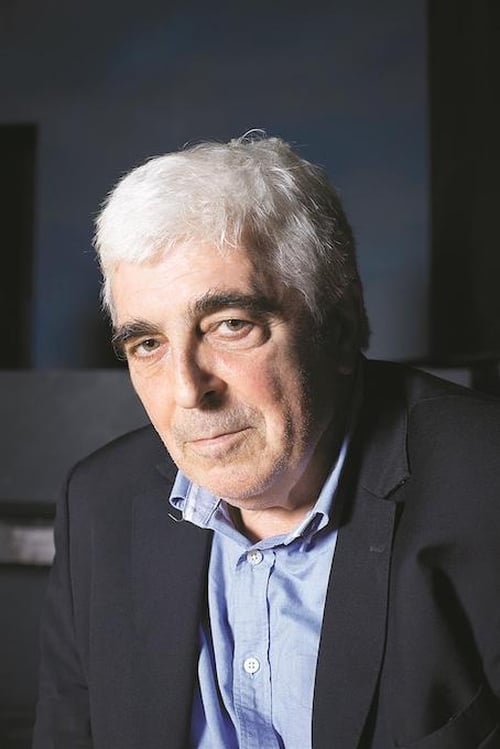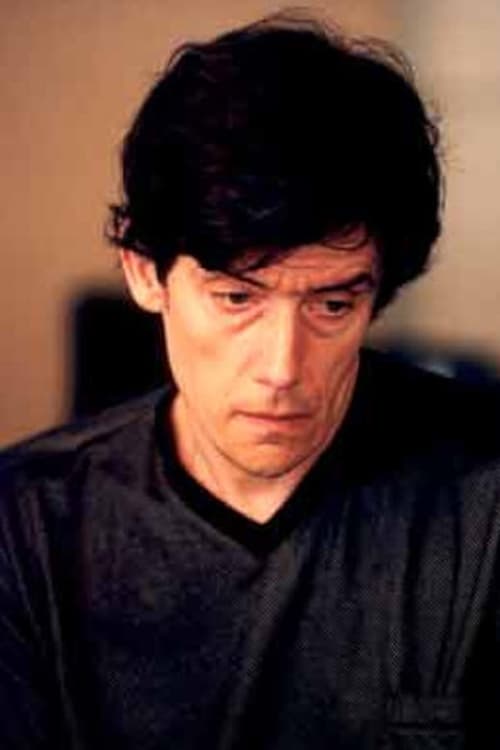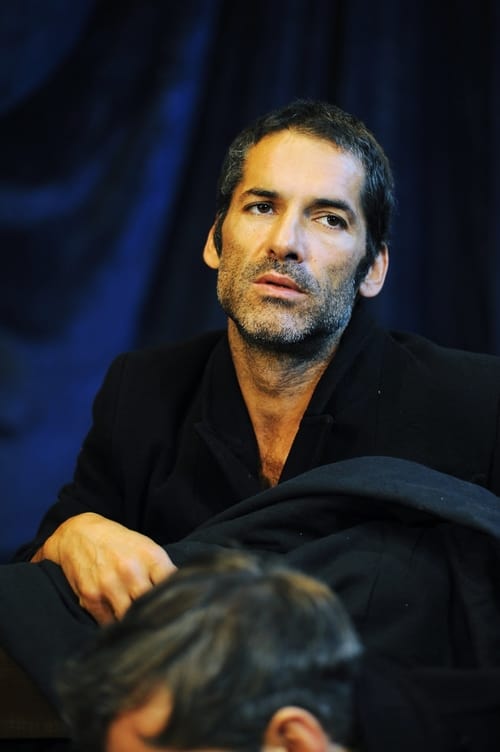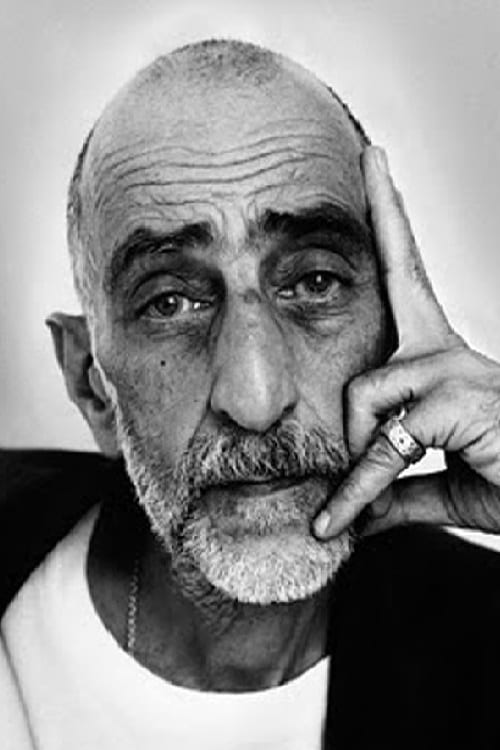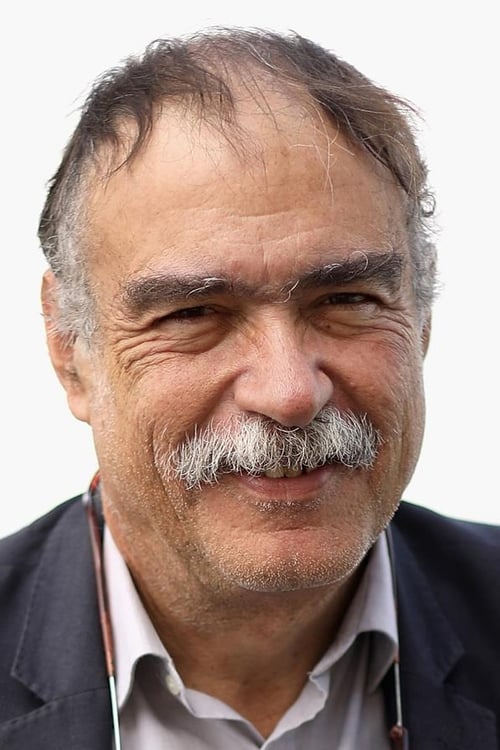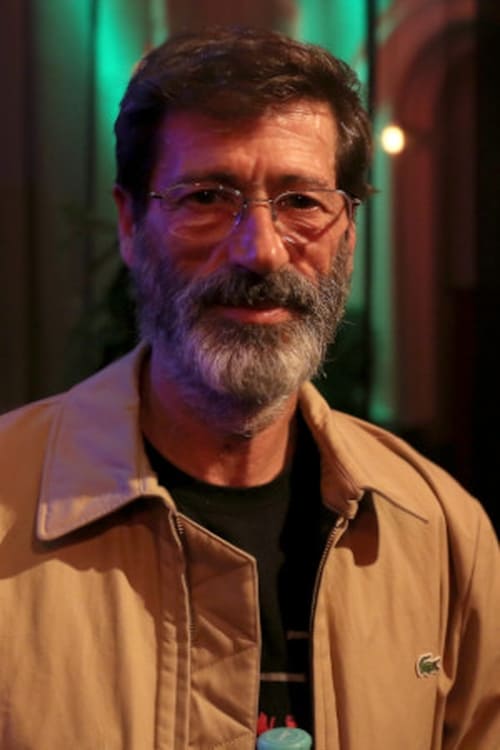Snow White (2000)
ジャンル : ドラマ, ファンタジー
上映時間 : 1時間 15分
演出 : João César Monteiro
脚本 : João César Monteiro
シノプシス
Monteiro moved far away from the visual opulence defined by his earlier films with his inspired adaptation of radical Swiss writer Robert Walser’s anti-fairy tale. Carefully restricting the image track, Monteiro maintains an almost totally black screen in order to focus instead on the voices of Snow White, the Prince, the Queen and the Hunter, engaged in an extended debate about love, free will and the events leading up to the fateful attempt on the maiden’s life. Despite its visual austerity, Snow White is haunted by the arresting images with which it begins – infamous black-and-white photographs of Walser lying dead in the snow after his heart attack outside a Swiss asylum at the age of seventy-eight, a strange realization of the “death of the author” so central to postmodern literary criticism.
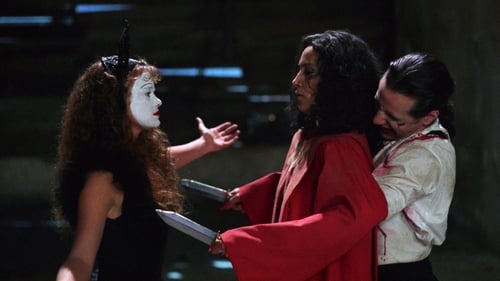
A young man is confined in a mental hospital. Through a flashback we see that he was traumatized as a child, when he and his family were circus performers. Back in the present, he escapes and rejoins his surviving and armless mother.
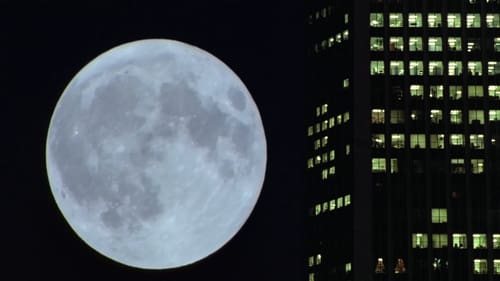
Takes us to locations all around the US and shows us the heavy toll that modern technology is having on humans and the earth. The visual tone poem contains neither dialogue nor a vocalized narration: its tone is set by the juxtaposition of images and the exceptional music by Philip Glass.

The winner of the Miss World Virginity contest marries, escapes from her masochistic husband and ends up involved in a world of debauchery.
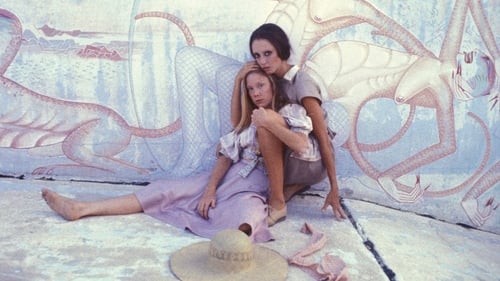
Two co-workers, one a vain woman and the other an awkward teenager, share an increasingly bizarre relationship after becoming roommates.
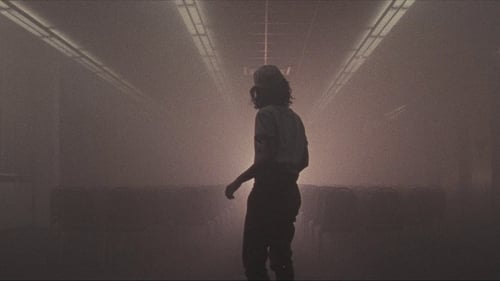
Luz, a young cabdriver, drags herself into the brightly lit entrance of a run-down police station. A demonic entity follows her, determined to finally be close to the woman it loves.

A glimpse over the Diguillín River through the mechanical eye of an old digital camera. Light’s trail presents itself fortuitously over the reflection of the sun on the water, tracing infinite threads of concrete luminous information.
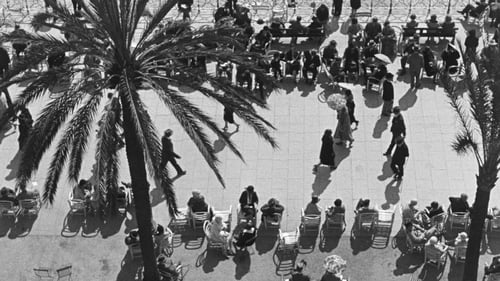
What starts off as a conventional travelogue turns into a satirical portrait of the town of Nice on the French Côte d'Azur, especially its wealthy inhabitants.
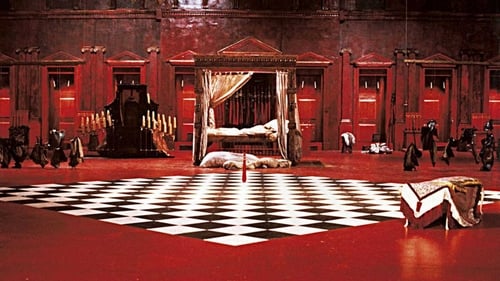
Set halfway through the 17th century, a church play is performed for the benefit of the young aristocrat Cosimo. In the play, a grotesque old woman gives birth to a beautiful baby boy. The child's older sister is quick to exploit the situation, selling blessings from the baby, and even claiming she's the true mother by virgin birth. However, when she attempts to seduce the bishop's son, the Church exacts a terrible revenge.
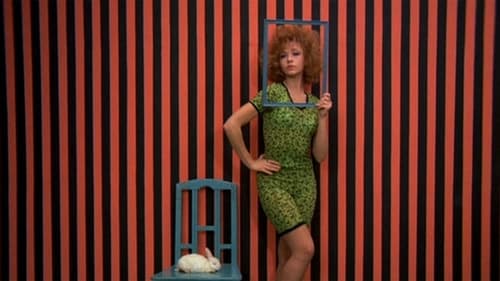
What does the energy harnessed through orgasm have to do with the state of communist Yugoslavia circa 1971? Only counterculture filmmaker extraordinaire Dušan Makavejev has the answers (or the questions). His surreal documentary-fiction collision WR: Mysteries of the Organism begins as an investigation into the life and work of controversial psychologist and philosopher Wilhelm Reich and then explodes into a free-form narrative of a beautiful young Slavic girl’s sexual liberation.
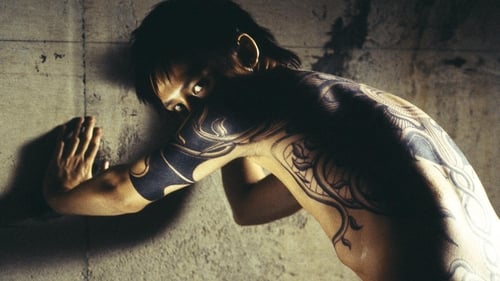
監獄の中、雑居房のひとつで、1人の少年が渾身の力を込め、1人の青年の首を絞めた。犯行を発見した看守たちに取り押さえられた少年は「ぼくがやりました!」と叫び続ける。この殺人事件を捜査し始める、警部(石橋蓮司)と警部補(遠藤憲一)。加害者と思われる少年は有吉淳(松田龍平)。ゲイバーで働いていた有吉は、男客から性的暴行を受けたことから逆上し殺害に及ぶ。被害者の青年は香月史郎(安藤政信)。幼い頃から様々な罪を犯し、最終的には路上で人を殴り殺した。偶然にも有吉と香月は同日に、この刑務所に投獄されている。誰にも心を開かない有吉と、気に入らないとだれかれ構わず殴り倒してゆく凶暴な香月。正反対のタイプにも関わらず、香月は有吉を守り、2人の間には濃密で暖かい空気が流れていた。そして、捜査線上に浮かび上がるもう1人の男。それはこの刑務所の新所長(石橋凌)。ぞっとするような笑みをたたえながら、恐ろしく優しい口調で話しかけるこの所長は、かつて自分の妻を香月に暴行され、結果妻は自殺するという壮絶な過去を持っていた。誰が真実を告げているのか? そして、「ぼくがやりました!」と叫び続ける有吉の真意とは……。

A gang of outlaw bikers pull a home invasion on a disgraced Anthropologist hiding a secret locked in his cabin basement.

Shot under extreme conditions and inspired by Mayan creation theory, the film contemplates the illusion of reality and the possibility of capturing for the camera something which is not there. It is about the mirages of nature—and the nature of mirage.
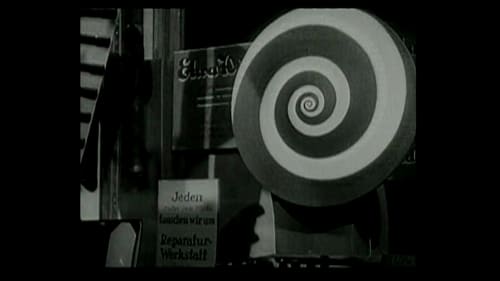
A train speeds through the country on its way to Berlin, then gradually slows down as it pulls into the station. It is very early in the morning, about 5:00 AM, and the great city is mostly quiet. But before long there are some signs of activity, and a few early risers are to be seen on the streets. Soon the new day is well underway. It's just a typical day in Berlin, but a day full of life and energy.
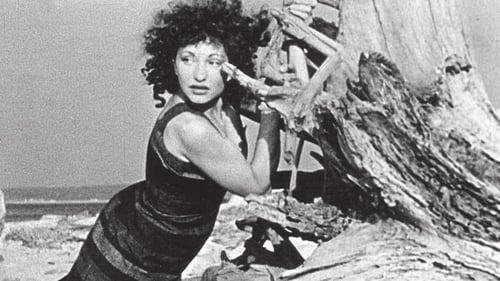
A woman lies on the sand, left there by the tides and waves (and in a pose that would be copied in From Here to Eternity). She reaches up across tree roots and makes a difficult climb. Only to discover herself climbing horizontally along a long dinner table as bourgeoise black-tie guests chat and drink and smoke, oblivious to her. At the top of the table, a man is playing chess but abandons the game. Fascinated, she gazes at board, the pieces moving unaided. The woman chases a pawn as it falls to the floor. Falls down a waterfall. Is lost.

2012: Time For Change is a documentary feature that presents ways to transform our unsustainable society into a regenerative planetary culture. This can be achieved through a personal and global change of consciousness and the systemic implementation of ecological design.
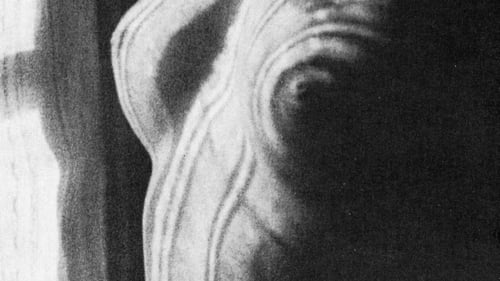
Experimental film, white specks and shapes gyrating over a black background, the light-striped torso of Kiki of Montparnasse (Alice Prin), a gyrating eggcrate. One of the first Dadaist films.
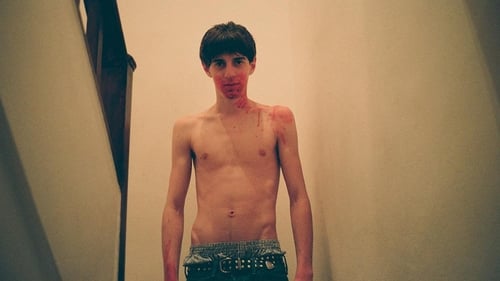
Each day after work, Carlos, a language school teacher, frequents the heady surroundings of his local cruising ground. One evening he encounters a teenage boy from his class named Toni, and the two engage in a brief sexual tryst. As the relationship between teacher and student begins to develop, some dark truths emerge about the young man and his mysterious group of friends.
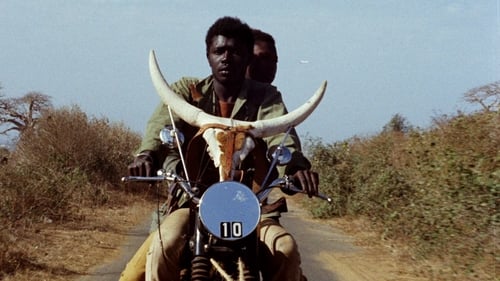
A cowherd with a skull-mounted motorcycle and a university student meet in Dakar; put off by life in Senegal, they plan to make money in Paris.
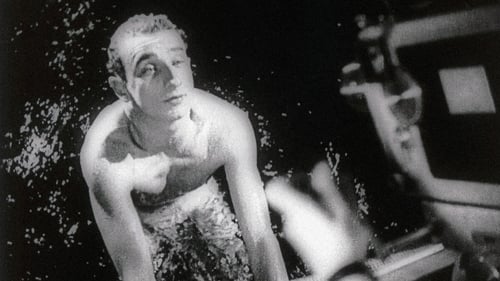
Short documentary directed by Jean Vigo about the French swimmer Jean Taris. The film is notable for the many innovative techniques that Vigo uses, including close ups and freeze frames of the swimmer's body.
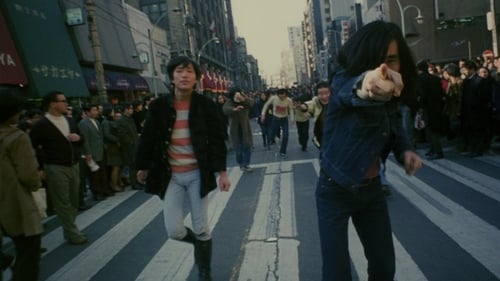
万引き常習犯の祖母、戦争犯罪人の父、ウサギを偏愛する妹。駄目な家庭に育ち、いつも家出を考えている“私”と恵まれた環境に身を置く“彼”。行き場のない鬱屈とした情熱を持て余した“私”は奇妙な人々と出会い、幻想と回想の入り混じった街を放浪する。


